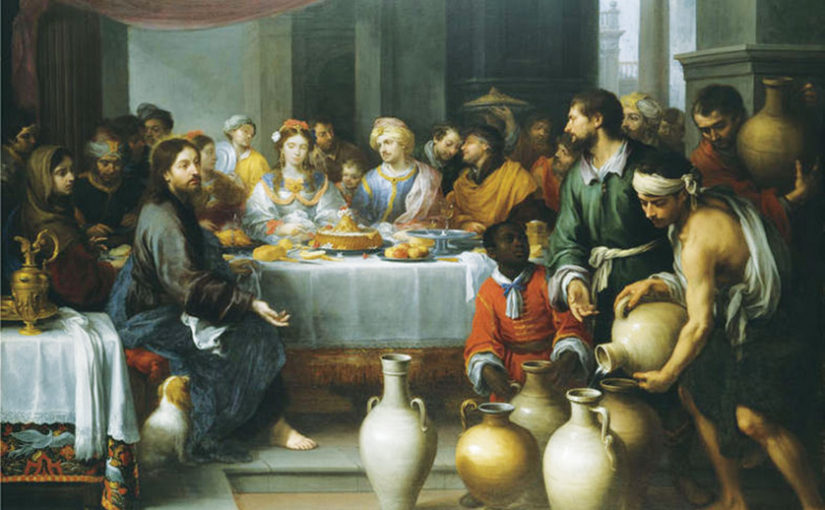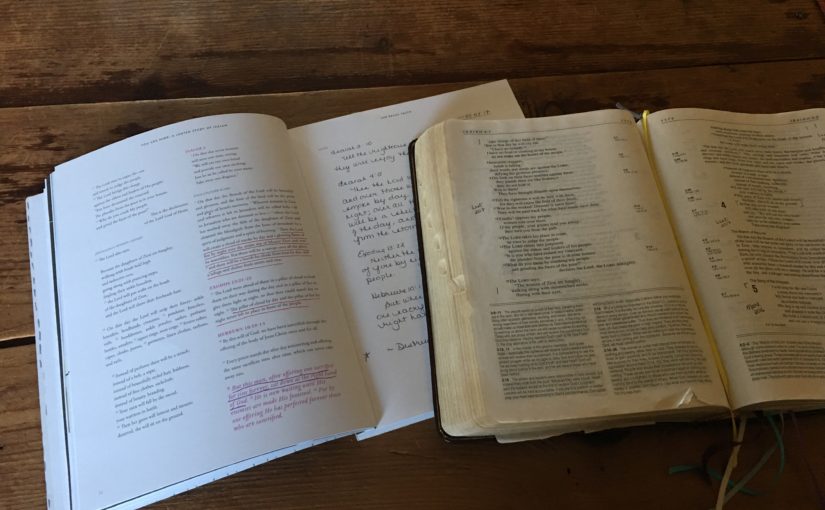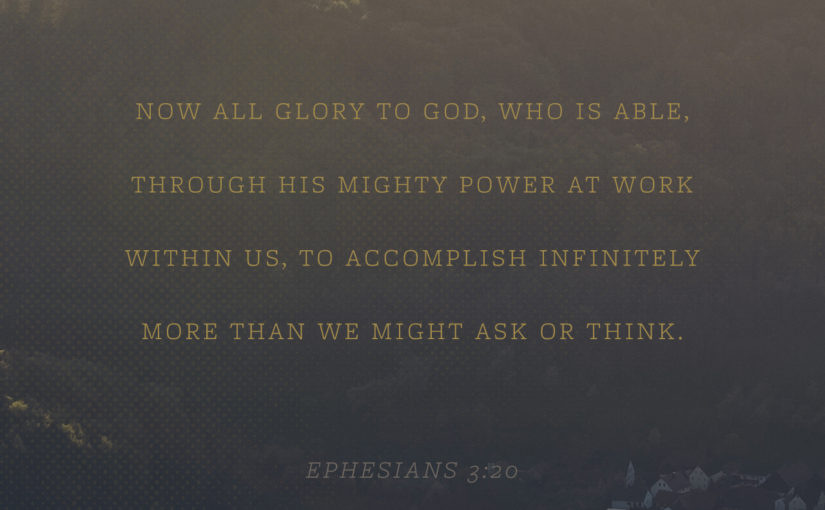I turn 24 on Saturday. I have learned to reflect on my life so that I can truly learn from decisions and choices I have made over my lifetime so far. Birthdays are some of the best reminders of where I have come from and where I am headed. Part of my reflection process includes reflecting on my relationship with God. Where have I come in the past year? Where have I grown in my walk?
My small group started a Galatians study this past week and we started the study by writing out our story. It started with where we were without God, and then moved on to the moment where we experienced God for the first time, and finally ending your story with how that encounter is shaping your future. As I wrote my story, I took some time to really reflect on my life with God. It’s been just under 24 years since I was born and even though I accepted Christ at an early age, I didn’t have a relationship with him until I was in my early twenties, which means I’m still a toddler in my faith walk. Today’s reading is about having that relationship with God so let’s dive into that.
John 10 talks about Jesus explaining how to truly have a relationship with him.
He says,
“Truly, truly, I say to you, he who does not enter the sheepfold by the door but climbs in by another way, that man is a thief and a robber. But he who enters by the door is the shepherd of the sheep. To him the gatekeeper opens. The sheep hear his voice, and he calls his own sheep by name and leads them out. When he has brought out all his own, he goes before them, and the sheep follow him, for they know his voice. A stranger they will not follow, but they will flee from him, for they do not know the voice of strangers”
They didn’t understand so he explained it again.
“Truly, truly, I say to you, I am the door of the sheep. All who came before me are thieves and robbers, but the sheep did not listen to them. I am the door. If anyone enters by me, he will be saved and will go in and out and find pasture. The thief comes only to steal and kill and destroy. I came that they may have life and have it abundantly. I am the good shepherd. The good shepherd lays down his life for the sheep. He who is ha hired hand and not a shepherd, who does not own the sheep, sees the wolf coming and leaves the sheep and flees, and the wolf snatches them and scatters them. He flees because he is a hired hand and cares nothing for the sheep. I am the good shepherd. I know my own and my own know me, just as the Father knows me and I know the Father; and I lay down my life for the sheep. And I have other sheep that are not of this fold. I must bring them also, and they will listen to my voice. So there will be one flock, one shepherd. For this reason the Father loves me, because I lay down my life that I may take it up again. No one takes it from me, but I lay it down of my own accord. I have authority to lay it down, and I have authority to take it up again. This charge I have received from my Father.”
The reason I explained my story above was that I was like the Jews in this story. I was missing the moral of the story. Jesus is the only way to the father. No matter how many good things we do, how much we give to the church, or how many times we got up early to go to church on Sunday mornings. If we don’t have a relationship with Jesus, then all of that means nothing. The passage says that Jesus knows his own and his own know him. If we don’t have a relationship with God, how can we truly know him? He wants us to know him, so today do some reflection. Reflect on your life and your walk with Christ. Does your walk truly reflect a relationship with God or is it just filled with good works? Think on that. I hope this passage starts a work in you today.









